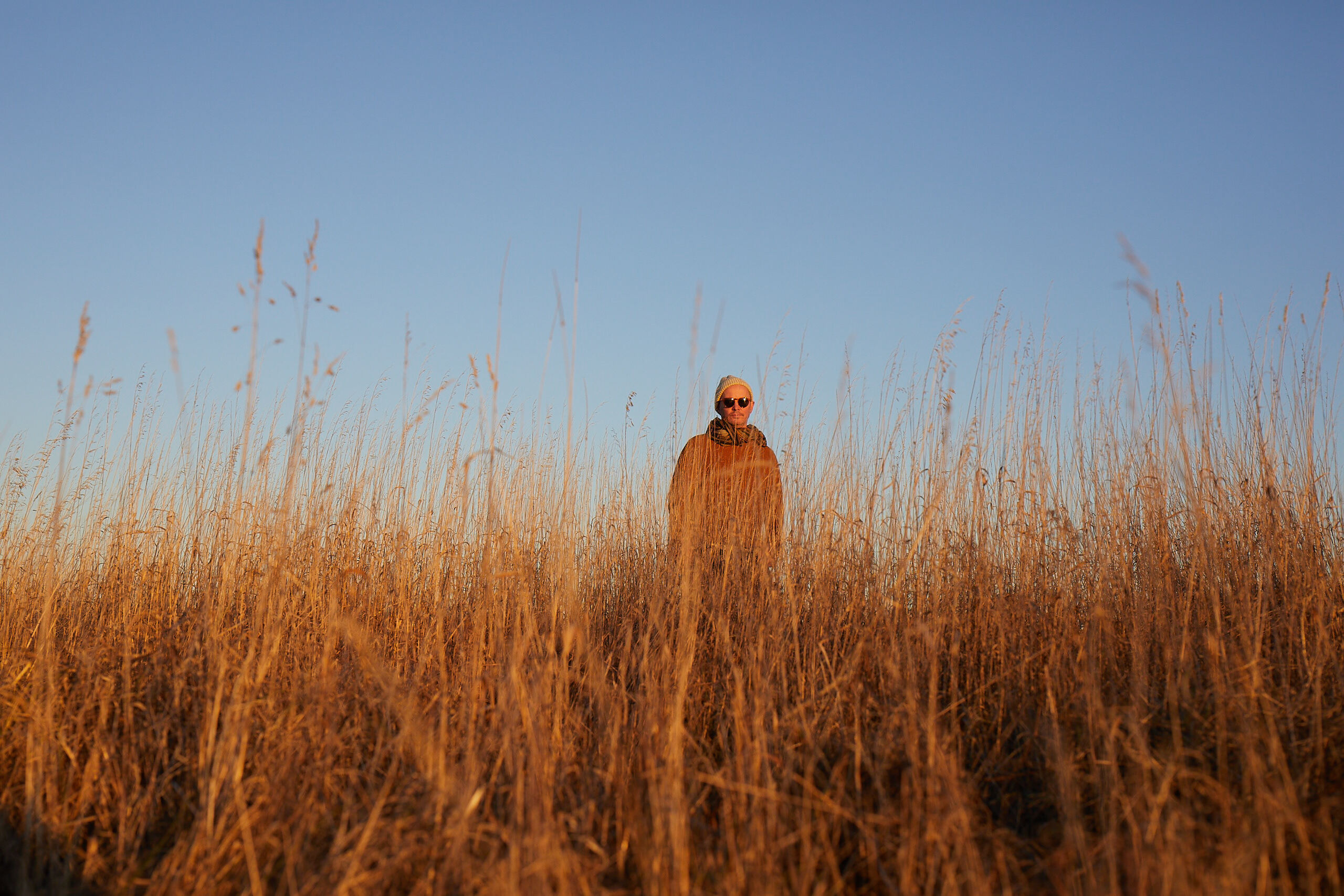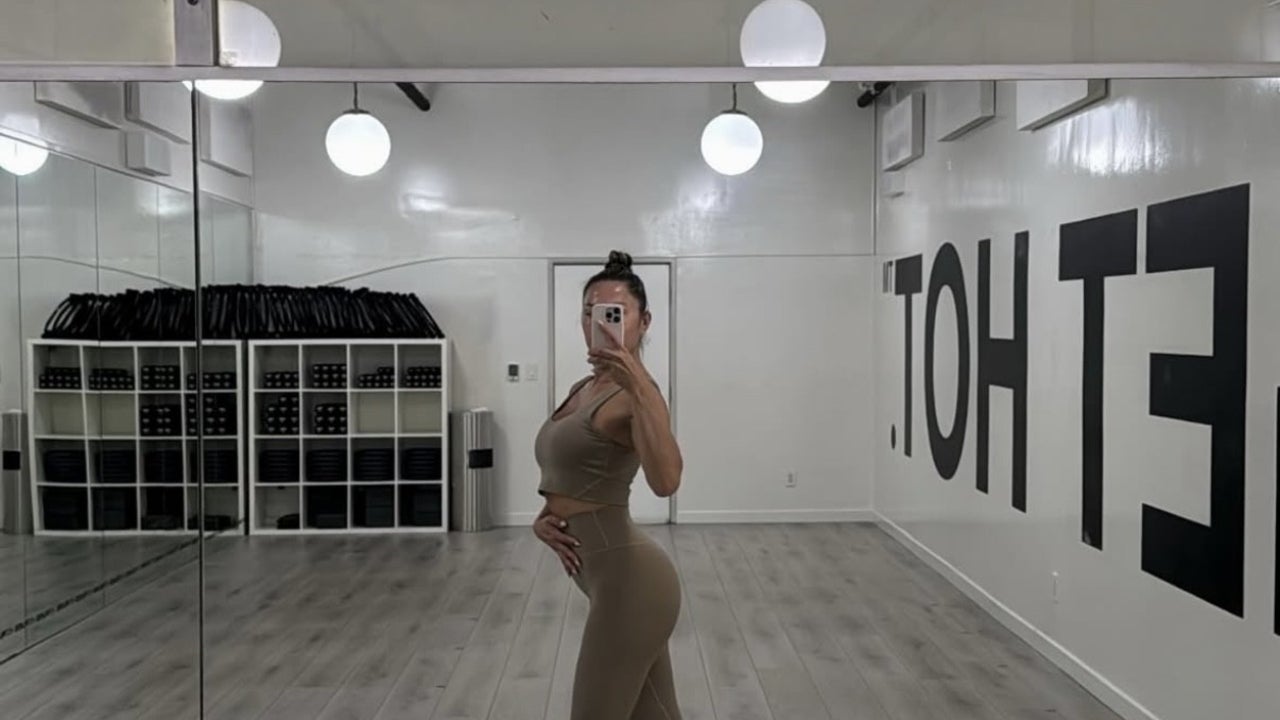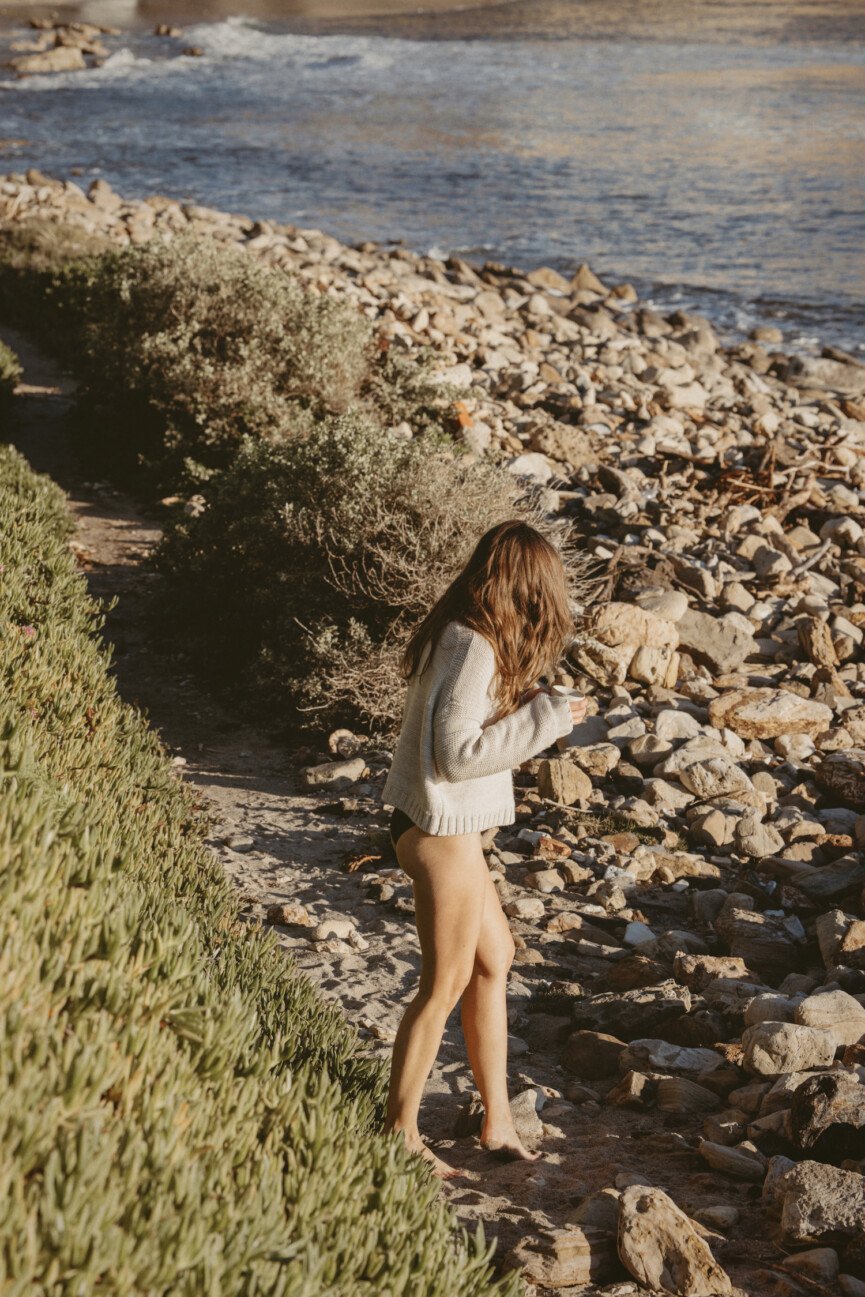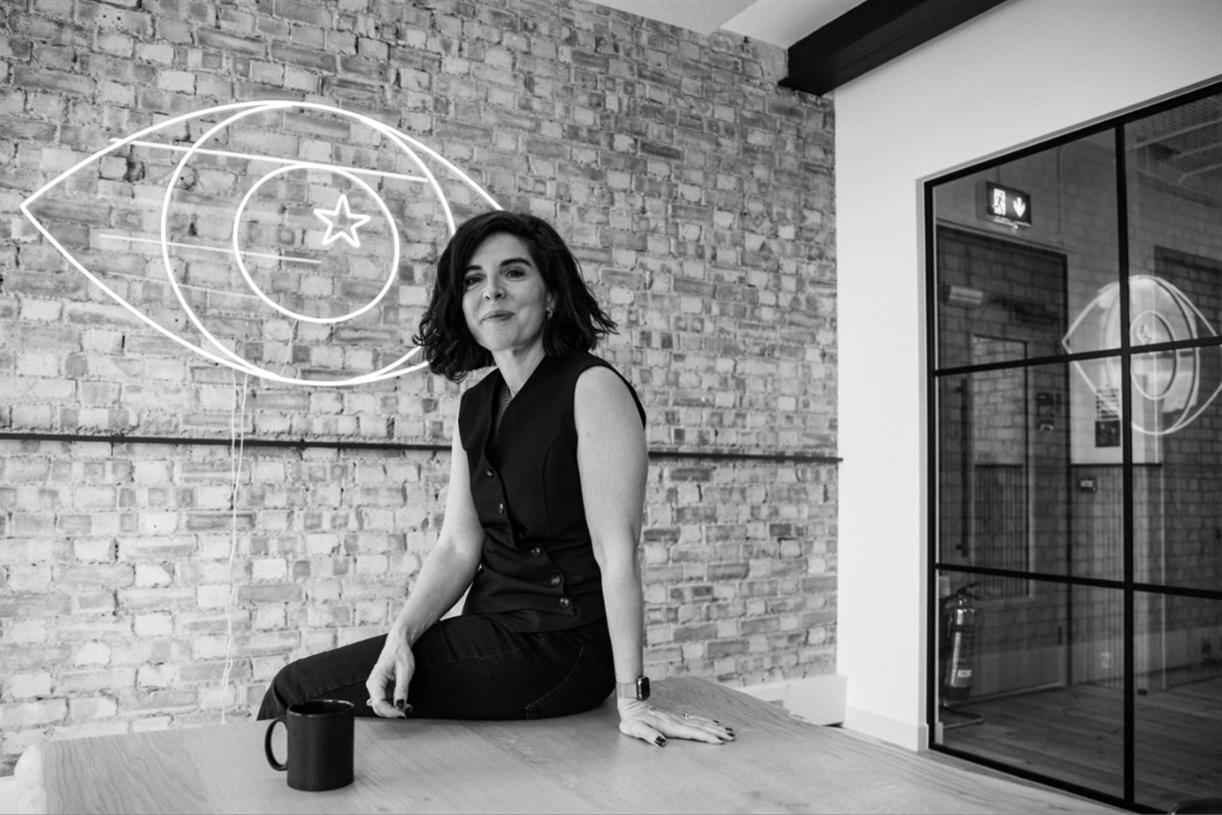Why parenthood is good for creativity
5 unexpected ways children can enrich imagination and innovation.

No sleep, no time for inspiration, no space to think?
It’s fair to think having kids sounds the death knell for creativity. After all, if creativity is dependent on seeing what others don’t and creating new ideas, it has to be harder when all of a sudden, your life is on a strict timetable of making it home to do dinner, bath and bedtime.
But I’ve actually found that instead of ending my creative life—parenthood has enriched it.
Yes, the luxury of time to meaningfully think through problems has been seriously curtailed. My favorite space for creativity—on a run—is pretty much nonexistent now. And my favorite time to think—early in the morning—must now be used only for precious sleep. But as neuroscience professor Arne Dietrich’s research found, there are different ways a brain conceives creative ideas. Some are deliberate but some are spontaneous.
Spontaneous creativity means that instead of working through a problem, you focus on a completely different thing—such as when my boisterous 18-month-old toddler is simultaneously trying to eat his blue crayon, get me to be a horse and “accidentally” drops his cup of water across the room.
During these moments, the basal ganglia of the brain activate unconscious awareness, allowing the prefrontal cortex to draw on your existing knowledge and connect information. For creativity, this could lead to a eureka moment. So, there’s hope for parents who feel as if they’ve lost the space to think.
However, there’s another massive creative boost to having kids: the chance to play again. And play is a powerful creative enhancer.
Play keeps creativity sharp
It’s all about using your imagination to create numerous scenarios time and time again. It feels like a creative workout. As Albert Einstein once said, “To stimulate creativity, one must develop the childlike inclination for play and the childlike desire for recognition.” And much like advertising, it’s not creativity for creativity’s sake; you have a client—your kid. Your play-game better be tip-top or your little one will quickly let you know.
Play reveals numerous starting points
My new play skills have helped me at work. It’s been freeing. Instead of building from a complete set of information to get to the right starting point, I now throw it up in the air with the gusto of a toddler who’s spotted the swings. I try to look for numerous starting points—the more surprising the better.
Obviously, some quickly fall by the wayside, but this rapid, iterative approach to creative strategy has been invaluable to develop more surprising ideas. And it’s increasingly necessary for all strategists to be able to do this. For one, there’s less time for strategic development. For another, with the leaps generative AI is making, we have to come up with fresh ways in thinking otherwise a program can very happily do what we do.
Play teaches mental flexibility
I may well have been drawing orange dragons but on the turn of a dime I have to turn my hand to eating imaginary pasta. It’s an unexpected pivot but you have to keep going so your young client’s flow isn’t interrupted. This is a helpful skill for creativity too. The creative process never does run as anticipated, curve balls are part of the job and to do well it’s great to have your flexibility muscle exercised.
You can’t be too in love with the idea you started with; you have to be open and confident enough to know new, better ones may well be possible.
Play encourages empathy
As mentioned, my toddler is very much my boss in our world of play and if I fail to understand what’s going to really tickle his fancy he moves on pretty quickly. Constantly having to consider another person's viewpoint can only be helpful in the world of work, and particularly creative work where we collaborate with a wide range of people every day.
Play embraces other perspectives
But it’s not just being able to better empathize with clients and colleagues. We play in places I’d never go to pre-kids: Brixton Rec soft play, Stroud soft play, Lambeth Council’s Stay and Plays, the Natural History Museum and the London Transport Museum to name a few. And the parents and kids in these different places are often different from me and my friends. Being forced out of my tiny bubble and creating rapport with lots of different people is so valuable especially as a strategist and will only make our creative output richer and more resonant.
So, do I miss my well-slept, culture-vulture pre-kid past life? Of course! But I most definitely don’t feel like I’m creatively bereft. Being forced out of what you’d naturally do and using your brain in a way you hadn’t anticipated can only be a good thing.

 Hollif
Hollif 































